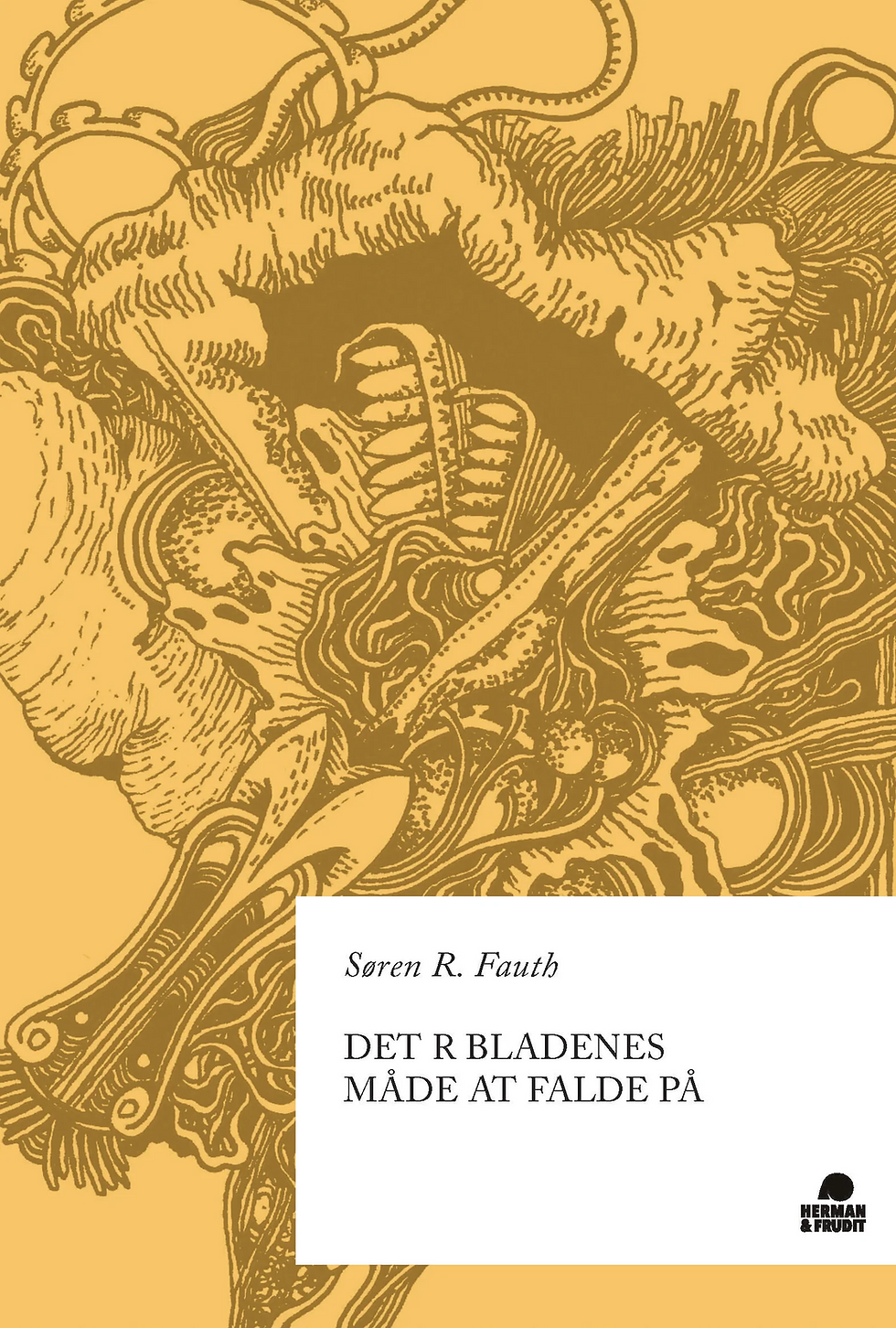Verity Spott WE WILL BURY YOU (2017)
- Matt Travers
- Jan 18, 2021
- 2 min read
Updated: Oct 12, 2021

Found poem after watching Keston Sutherland champion this in his vimeo’d lecture on ‘Hate Poems’, itself a model response to contemporary poetry; rather than proffer rich readings of quotations designed to demonstrate his own ranging intellectual depth as flown-in intellectual, Sutherland confined himself to speaking without a script, and attempted to provide a philosophical grounding for the poem’s existence. In the era of hate crime, to what extent is the call to revolutionary violence both just and therapeutic? Through recourse to a kind of epistemological vindication, Sutherland spends a good hour and a half pursuing the question of cathartic anger through object relations psychoanalysis, Marxist philosophy and a grim sociological study providing figures on the spikes in racist attacks after every Trump pronouncement. Only in the last twenty minutes does Sutherland project up slides with verses, and he leaves unanswered an insightful audience question as to whether the poem is a melancholic gesture underlining its own inability to carry out its imbrications. ‘We Will Bury You’ is a sequence of curses, and a reader derives pleasure from being privy to Spott's invocations of sadistic cruelty. The target, a horde of careerist politicians whose strategic voting has resulted in the suffering of millions outside the protective cross-party Westminster wealth bubble. It is the ingenuity of these imagined tortures which delights; Spott constructs cinematic clichés of pathos-inducing scenes of torment and twists them out of a realist frame in a way which deepens their violence: the distortions of syntax and uncanny imagery result in what reads like the confessions of a justified psychopath. The fact that the whole thing was supposed to be written in less than three hours is evidence of a malign genius. The disclaimer about the apocryphal ‘Khrushchev’ soundbite from which the sequence takes its title is well-placed. Admitting she was unaware of the misattribution until after the work was complete, the gesture of honesty establishes the poet’s sincerity. That makes us indulge in the fancy that the vented spleen in evidence here is equally genuine. ‘Tonight, whilst you low in your stall your public will renounce the use of violence. They will discover the hammer and renounce its violence into your brains. Into your weddings. Into your bare arms. Into your fields. Mr. Richard Bacon.’ Is the comic inversion of ‘renounc[ing] violence into your brains’ a heartfelt wish that a oppressed populace will reject codes of conduct designed to preserve a class which couldn’t care less so long as they live well? We can see how the living live-stock that ‘lows’ in its ‘stall’ is syntagmatic with ‘Richard Bacon’ and his ‘fields’. A symbol of the free-market—cattle slaughtered through a bludgeoning pistol which fires a bolt to puncture the animal’s skull. Here, an old-fashioned communist hammer is simultaneously renounced—and flung into her victim's brains, where bare arms flail to block blows like a doomed victim in a shlock horror flick. Only here, more sinned against than sinning, the killer flees, composed as a witch in flight. Just to read these curses a kind of revenge. To read them with Rimbaud's 'the Blacksmith' is to feel the reverb though a century or so.
UPDATE: Discussion of the work between the author and Keston Sutherland: https://www.youtube.com/watch?v=6NXURFEBA8Y&ab_channel=VeritySpott&fbclid=IwAR1wk6TskLm_Djv_9ENuwOv27aRcNlmf9uGWQg3_9pkAQzgGnobtL7o8HdU



Comments